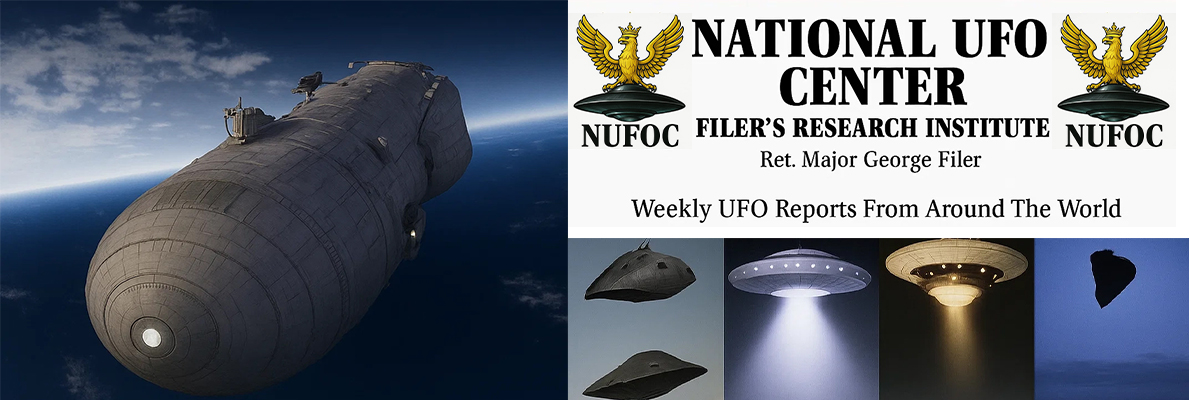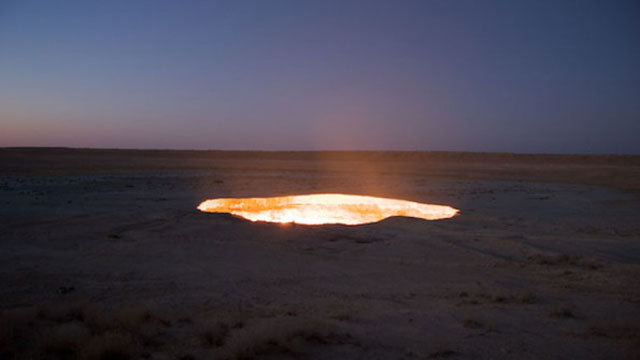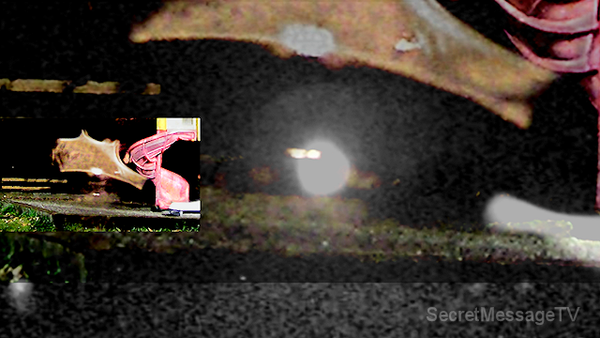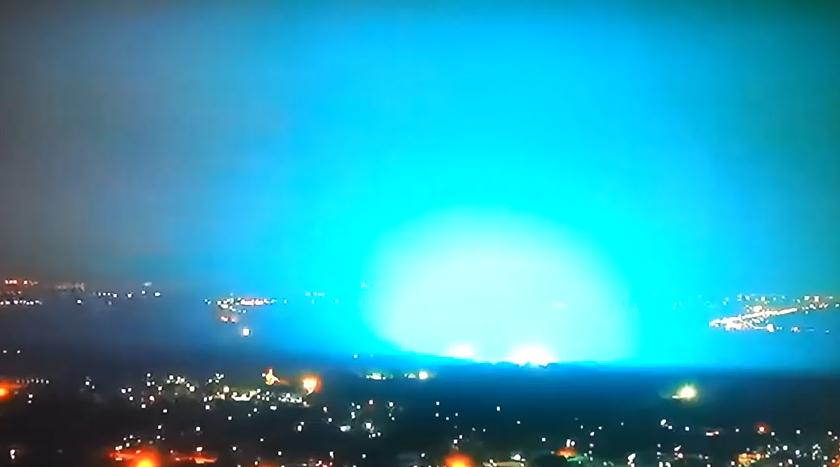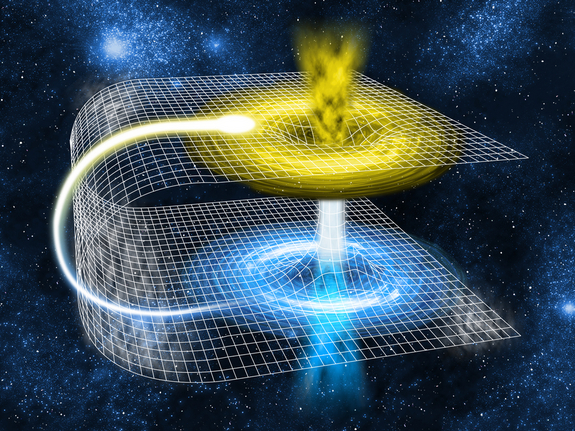
True story
At 2 pm in the afternoon, I had a booked deliverance from C&W Food on wheels (or something like that). At 1:55 pm, five minutes before the expected deliverance I had to use the bathroom. I felt pretty stressed at the time, didn’t want to make the meeting feel awkward. I then went to the kitchen and watch the clock on the microwave oven, still “1:55”. I started doing the dishes and calculated that the amount of cups and plates would take at least 12 minutes to finish. All the time, I was concentrated at the doorbell. I didn’t want to miss the deliverence. As soon as the dishes were done I watched the clock again. “1:55”. I thought that it must have stopped, so I went out and picked up my cellphone, “1:55”, it felt weird but I didn’t mind since they both showed the same time. I then filled the washing machine with new clothes and hung the others, cleaned the floors on the first level and prepared lunch. It started to feel like I got stuck in time somehow. I went back to the clock on the microwave oven and saw that i still had one minute to go before 2:00pm. I just put everything down and kept staring at the clock. Suddenly it turned and a couple of seconds later the doorbell rang…”
To find out what I believed happened, I used Einstein’s Thought Experiment
This is a clever way to use your mind. Einstein used it to start with as an experiment lead by two German scientists. The point was that Einstein actually made most of his inventions without a laboratory.
This was what I came up with:
A wormhole can do two things, it can speed time up or slow it down. If time is slowed down, we can walk a thousand miles in only a minute. In the wormhole, we manage to use each fraction of a second as a minute and it won’t affect us at all. If we speed ourselves up with the help of a machine like a spaceship, the fraction of the minute will become a fraction of the fraction. Still on the outside of the wormhole, time passes normal. This means, as long as you’re in a wormhole, time will not pass or time will pass very little. The second wormhole is the opposite and speed time up. You have surely felt it at some point, since it is the easiest wormhole to catch. You see a vase falling from the table only twenty centimeters from your hand, you reach out and for some reason, you are far too slow”.
If traveling inside a wormhole
…we will see particles that can not be seen when going slow. Going only fast without a wormhole though, will not help. A wormhole is like a current in a sea where you travel faster when accelerating on it. Normally we see time, as the event of the sun going up and down and measure everything in it like it has a weight but not a substance. (rep: weight but NO substance) If it has a weight, you think you can lower it and go back but, if you also see the substance you will understand that for anything to go back, the substance must follow. If any current change direction, it will still be a running forward.
So why did I think this, this is not what scientists claim a wormhole is
Well, we have a built-in atomic clock. “The time it takes for each atom to fall apart or decay”. This is best known in nuclear waste. Let see, if the clock in my kitchen slowed down, everything outside of it, must have done so too. All the headlines in every tabloid would have read “Time slowed down Thursday afternoon 2012, say’s scientists…”.
Then again, those who were not aware of time as I was, wouldn’t have noticed.
Silly headlines. No, for this to occur I myself must have hit a stream somehow and the clock would be on the “outside” of the wormhole. Simply put it, I must have hit a fluctuation in the constant particle swarm around us controlled by the decay of atoms, that is controlling our life cycle clock. Like a bubble of air in the sea. This bubble can only be allowed to affect MY journey because if it affects all, we wouldn’t notice any difference.
Let’s say that the decay of the carbon atom was different, this is what all life is based on. Then our conditions would change. Ex:
“On a football field this morning, a game was played for fun by two young adults. The football that they used wasn’t of the best material and all in all, they estimated that the game could continue for 30 minutes before the football was trashed. The skin seemed to decay and dry up. Suddenly it began to rain and the football got a kind of slippery surface. The young two who was playing, didn’t care much but noticed that the ball lasted for 45 minutes in total.”
Because of the wet sphere around the ball, the decay was delayed. Now what if the decay was delayed in the atoms around us because of that what was needed went missing or changed? Would we also be affected by the particle change?
During these 5 minutes when I managed to clean the entire house, I keep wondering – what would it have looked like if these minutes had been recorded on film? I am asking, what would a “time traveler” look like from the outside?
What DO scientists say about this
The easiest way to explain a wormhole is to mark A) on one end of a napkin and B) on the other. Put the napkin on your lawn, take a pencil and press the middle of the napkin down in the ground. Fair enough, A) and B) are now very close. This is a wormhole, meaning that the universe are bent making a smaller distance .
“A wormhole is a hypothetical topological feature that would fundamentally be a shortcut through space-time. A wormhole is much like a tunnel with two ends, each in separate points in space-time”.
In my last article, Thomas suggested that the transparent UFO’s as in “unidentified flying objects” could be from another time or maybe a different dimension. I think it is reasonably a hypothetical truth. I mean by this, talking about that what we know nothing of or very little about, any answer could be hypothetically true.
This can become a wild goose chase if not careful, although looking for the truth no thought is too big. It is however up to each and one of us to find out what really happened in the end and with more facts, less room is left for guessing.
Sources:
http://en.wikipedia.org/wiki/Radioactive_decay
http://en.wikipedia.org/wiki/Wormhole
http://newsroom.ucla.edu/releases/ucla-life-scientists-view-biodiversity-234522
